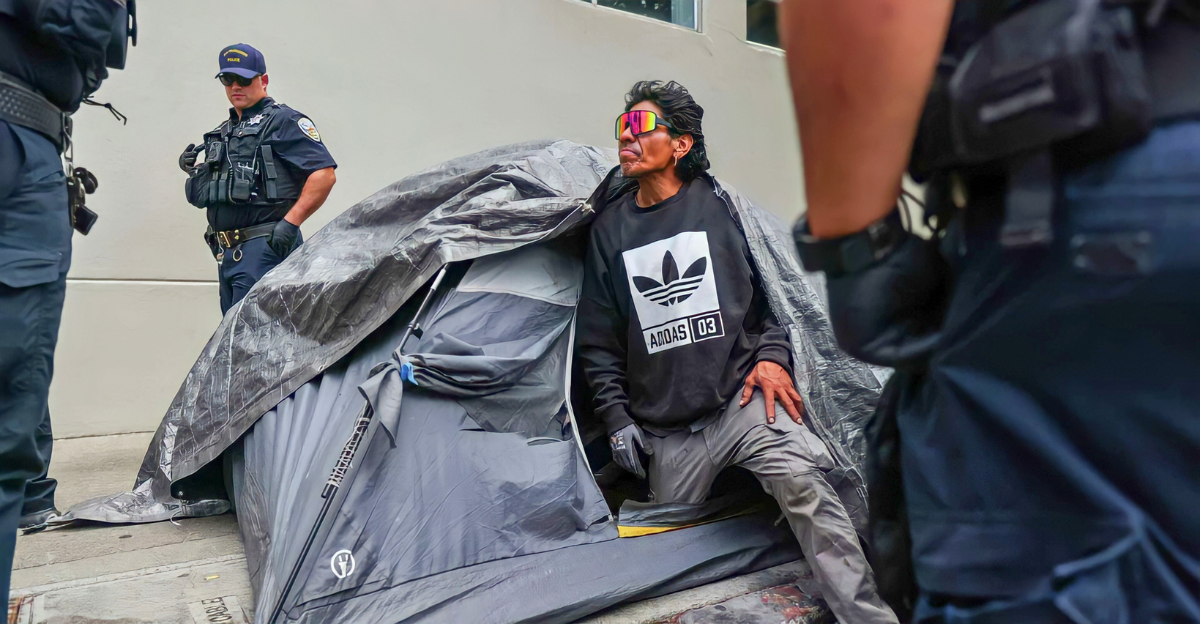
In June 2024, the Supreme Court made a significant ruling that changed how cities can deal with homelessness. They said cities can now arrest people just for sleeping outside or camping in public, even if there’s nowhere else for them to go.
After that decision, San Francisco saw a massive jump in arrests. In just six months, the number of homeless people getting arrested for living outside shot up from around 70 to over 400. That’s a significant increase!
What the Court Decided
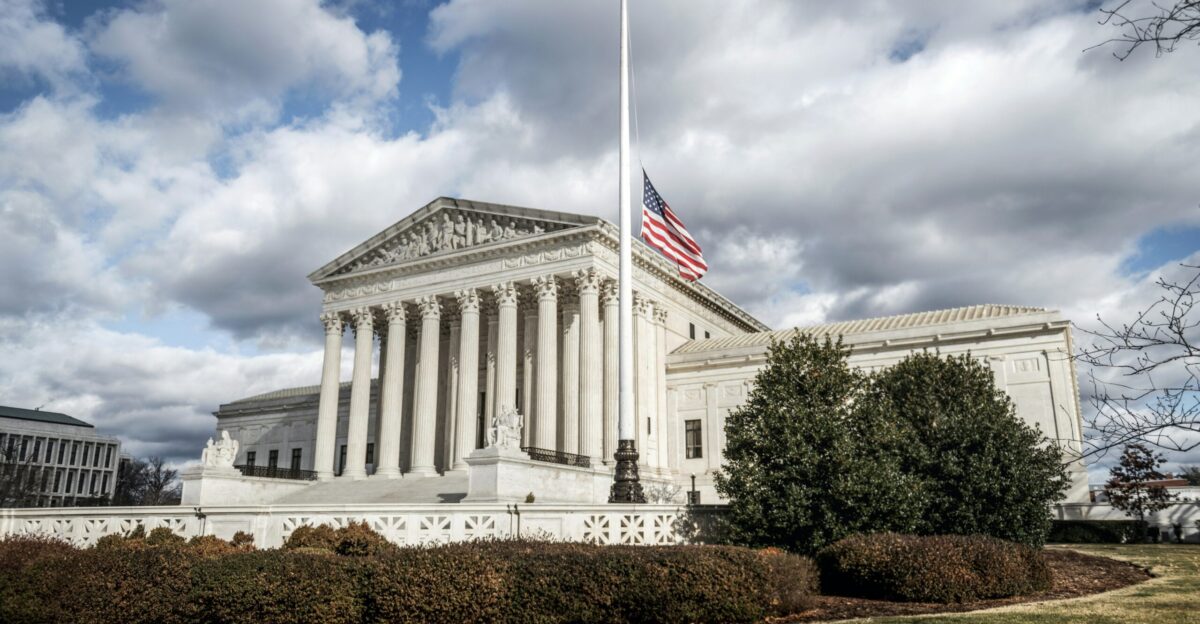
Six justices made the Supreme Court’s decision out of nine. They overturned decades of laws that protected homeless people from being punished just for sleeping outside when no shelter was available.
Justice Neil Gorsuch wrote that judges shouldn’t decide how cities handle homelessness; rather, municipalities should be free to set rules.
But some other judges disagreed. Justice Sonia Sotomayor pointed out that this ruling forces homeless people into a terrible choice: stay awake and risk being arrested, or sleep and possibly face punishment.
California’s Reaction
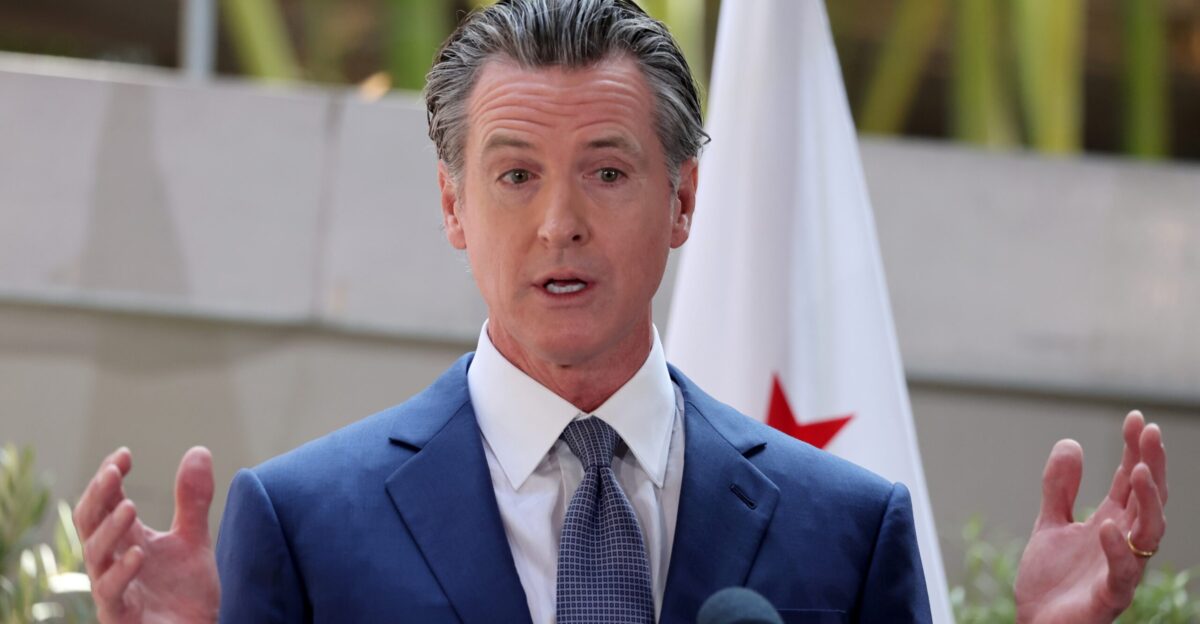
Governor Gavin Newsom was quick to respond. Just a month after the ruling, on July 25, 2024, he issued an order telling state agencies to act fast to clear out homeless camps—doing so “with urgency and dignity.”
California has the most significant homeless population in the country—about 180,000 people, including 123,000 living outside without any shelter. Since July 2021, the state has removed thousands of camps and tons of trash.
After the Supreme Court decision, enforcement sped up even more. Police and workers quickly dismantled tents, cleared debris, and removed homeless camps from public spaces.
Changes Across the Country

This wasn’t just happening in California or San Francisco. The Supreme Court decision triggered a wave of new laws across the U.S. Since June 2024, over 100 cities have passed laws banning sleeping outside, sitting on sidewalks, or begging in public.
About 220 new laws were passed in just six months, making it easier for police to arrest or fine people for everyday activities like sleeping or sitting.
This is the most significant push toward criminalizing homelessness in recent American history. It means many people who are just trying to survive outside could be arrested, fined, or penalized simply for being homeless.
What’s Happening in San Francisco
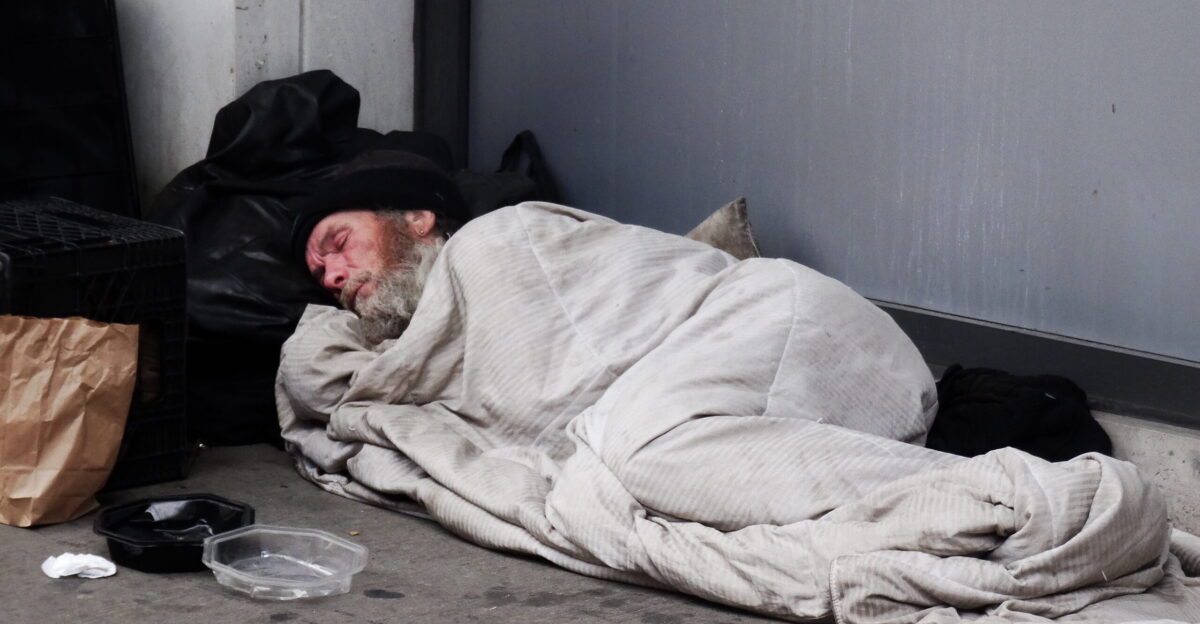
San Francisco saw a massive increase in police arrests. Over the year after the court ruling, police arrested more than 1,000 homeless people for living outside—that’s five times more than before.
About 80% of these arrests were for camping or sleeping in public spaces. Many got tickets and were released rather than taken to jail. In one month alone, there were 119 arrests—more than in the past seven years combined.
This shows how much the city focuses on law enforcement now, rather than trying to help people find homes or support services.
How These Policies Hurt People
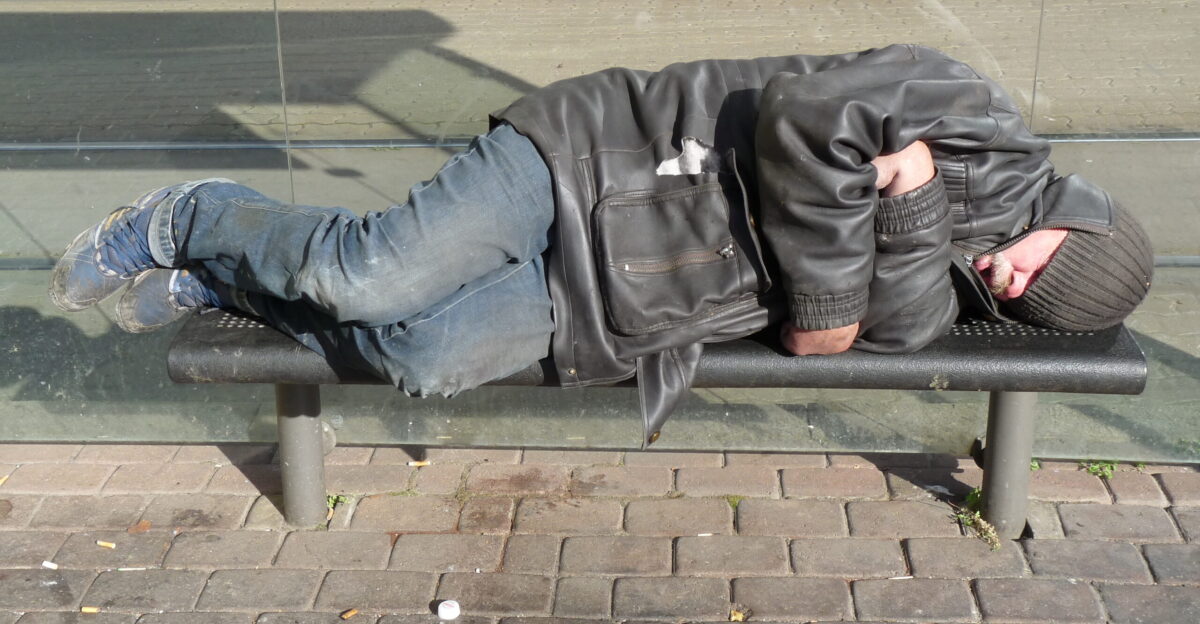
The impact on real people is profound. When people get caught camping outside, police tell them they face misdemeanor charges, which means they might have to go to court.
However, many people lose essential things during enforcement actions. Losing these makes it even harder to get jobs or find housing later.
All these enforcement actions trap people in a cycle: they get fined or jailed, lose their belongings, and find it even harder to escape homelessness.
Hiding Instead of Fixing
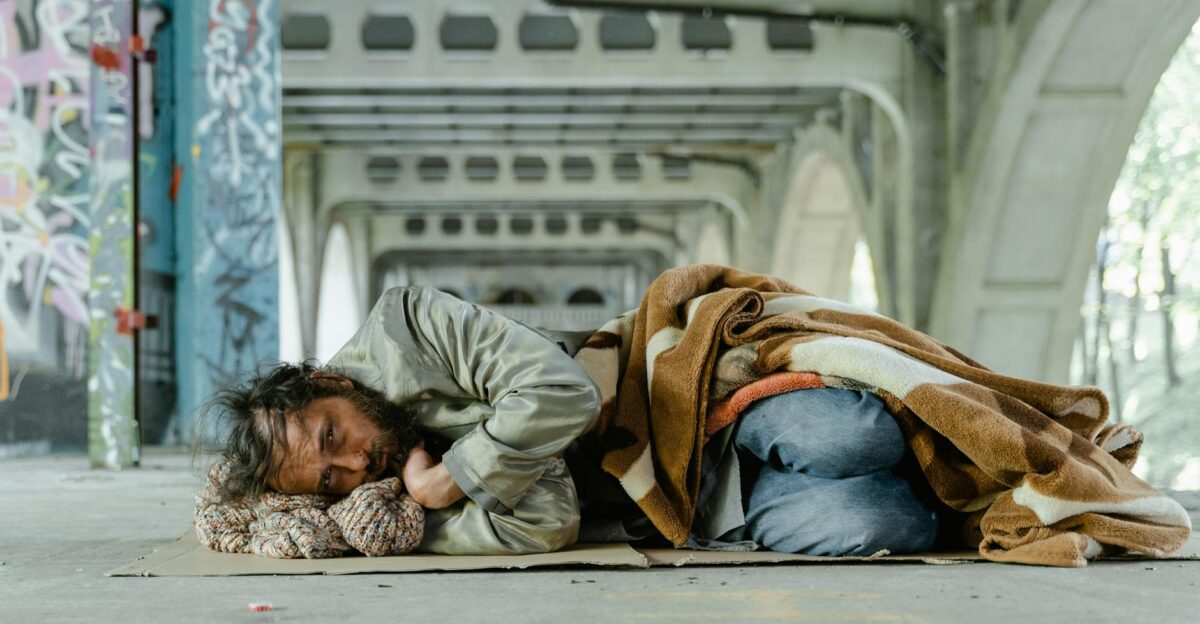
While the number of tents in public places has dropped by about 60%, homeless people say they’re not gone—they’re just hiding.
Many now sleep in alleys, behind fences, or less visible spots to avoid getting arrested. For example, in the Mission District, fences replaced old camps, but many homeless people still gather nearby in alleys or doorways.
Experts Say It’s Not Working
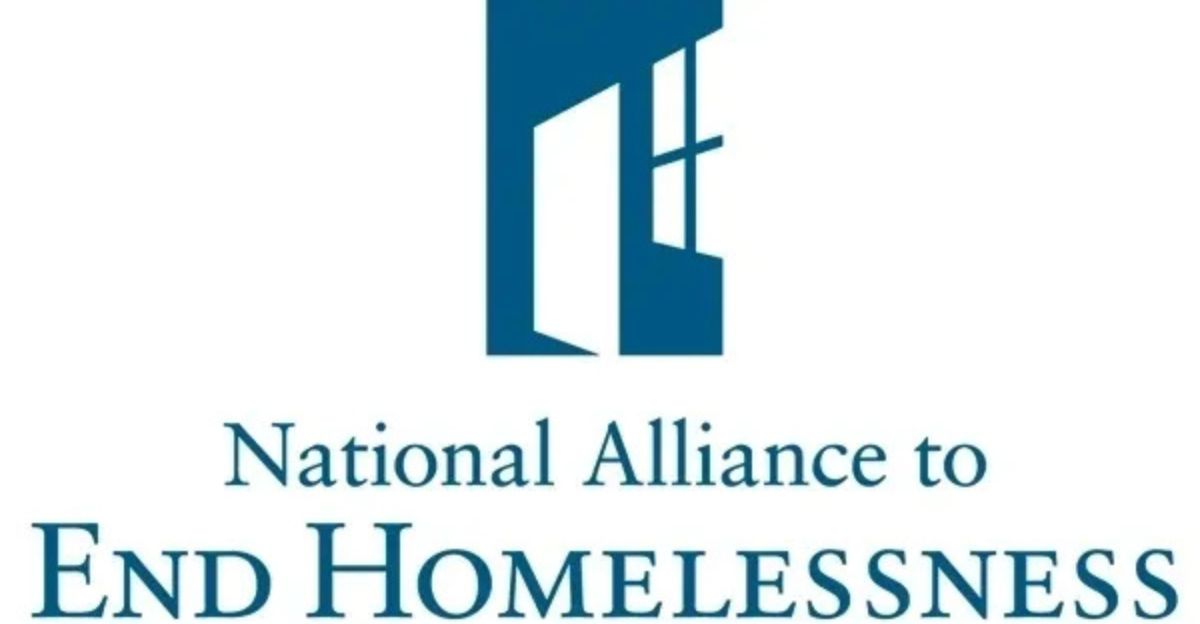
Organizations working to end homelessness strongly criticize these enforcement strategies. They say they don’t work and cost too much money.
The National Alliance to End homelessness calls these policies “ineffective, expensive, and not smart.” They point out that arresting people for sleeping outside doesn’t reduce homelessness. Instead, it often destroys the belongings they need to rebuild their lives.
Diane Yentel from the National Low Income Housing Coalition asks, “If every city punishes homeless people, where are they supposed to go?”
Legal Problems with Arrests
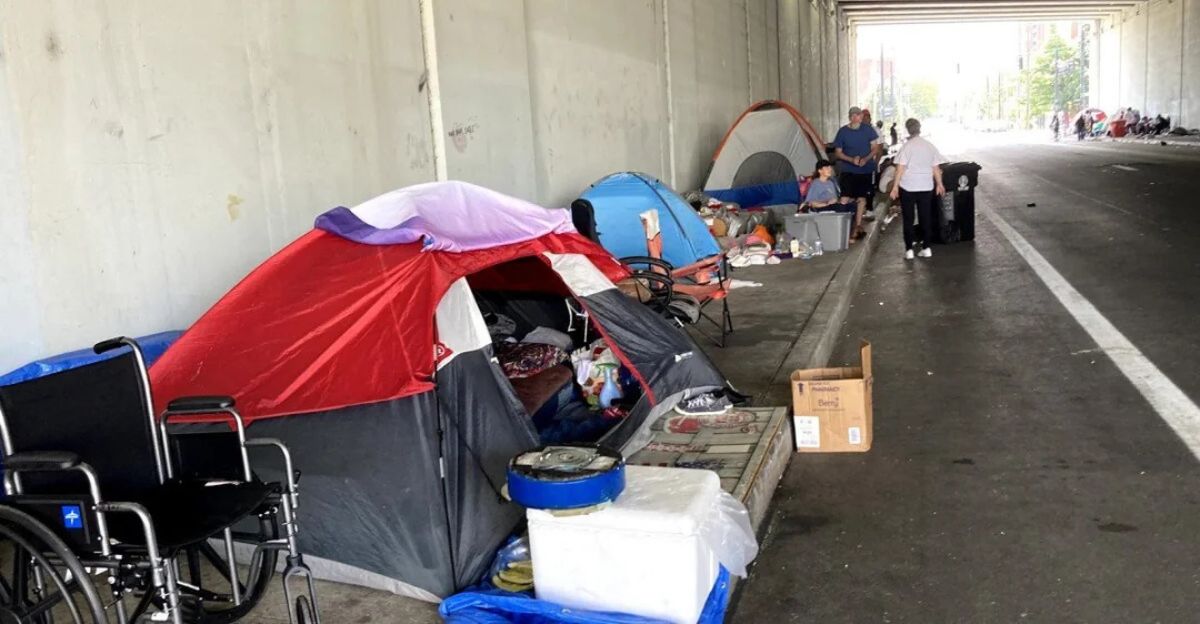
Most arrests for camping or sleeping outside don’t lead to criminal charges. Out of over 700 arrests since August 2024, only about 150 resulted in court cases.
Many people don’t bother going to court or don’t show up. Authorities then issue warrants for their arrest. These warrants can lead to more arrests, jail time, or criminal records, which make it harder for them to get housing later.
Lawyers and public defenders warn that these arrests often set people up for failure. Instead of helping, the system keeps them caught in a cycle of punishment and homelessness.
Contradictions in the City’s Approach

Mayor Breed’s policies are confusing. San Francisco has added about 70% more shelter beds since 2018, but that hasn’t been enough.
Many people still can’t find a place to stay.
So, enforcement and bus tickets are used to move people away rather than solve the real problem: the lack of affordable housing.
Politics and Elections

These enforcement efforts also contributed to the city’s mayoral race. Homelessness was a key issue that voters cared about.
Mayor London Breed faced criticism from other candidates, who argued her approach wasn’t enough. Some wanted city leaders to do more to build housing or support services.
One challenger, Mark Farrell, advocated for stricter laws to make San Francisco less welcoming to homeless people. Others, like Aaron Peskin, promised to oppose sweeps and promised more shelters.
How Money Is Spent

San Francisco spent around $44 million from state funds on programs that support clearing camps and enforcing laws. But critics say most of that money goes toward law enforcement rather than building affordable housing.
They argue that the city needs to spend more on creating homes and less on policing. Building new affordable homes would help address the root of the problem, but currently, most money is going toward enforcement actions that only push people around.
What Local People Think
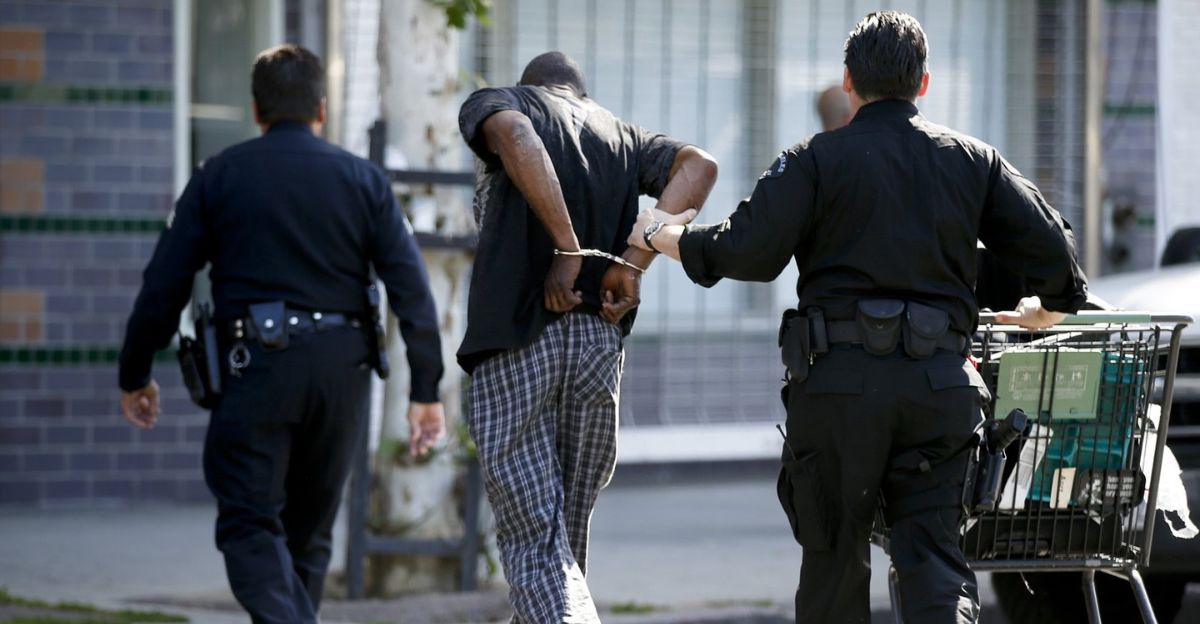
People who live and work in the city are feeling frustrated. For example, Joseph Batalla, who lives in an apartment nearby, watched police arrest homeless people from his balcony.
He said the noise, smoke, and activity from camps and enforcement efforts disturb his neighborhood. Despite all the arrests and cleanups, many homeless people come back just hours later.
Business owners are also worried. They say they’re losing customers because streets are less accessible or feel unsafe. The enforcement actions are only temporary.
What’s Happening Across California
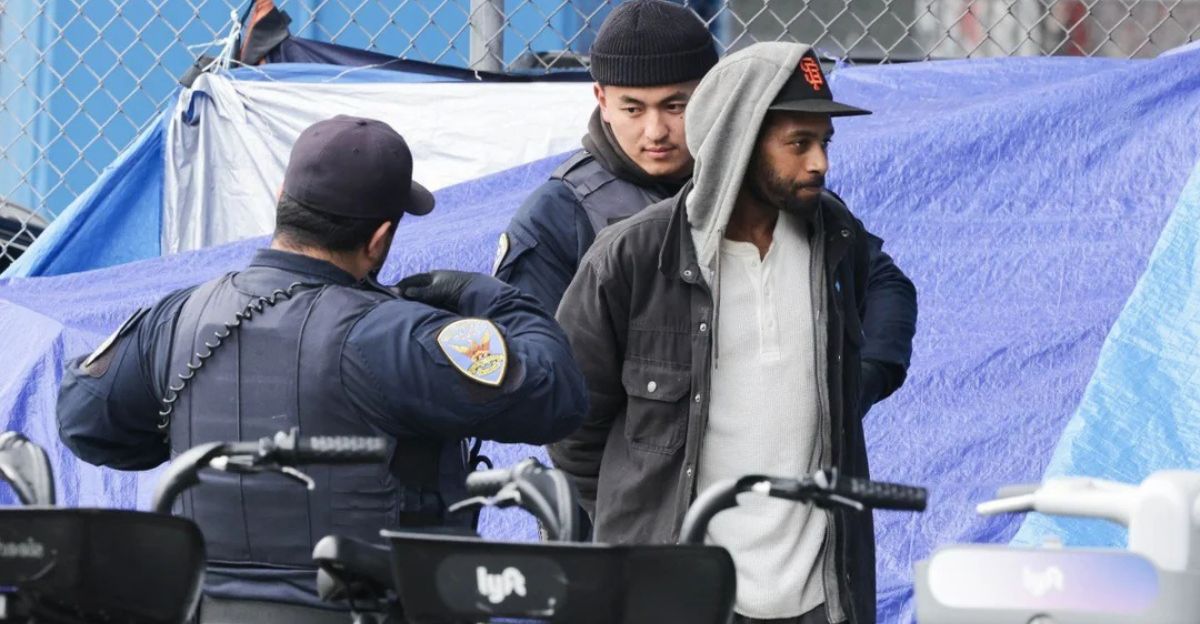
California has also stepped up enforcement. Under Governor Newsom, authorities have removed thousands of camps with quick notices to clear public spaces.
The state has given local governments lots of money and instructions to do the same. It’s a statewide effort to clear the streets, but many argue it’s moving the problem elsewhere instead of solving it.
What Could Happen Next
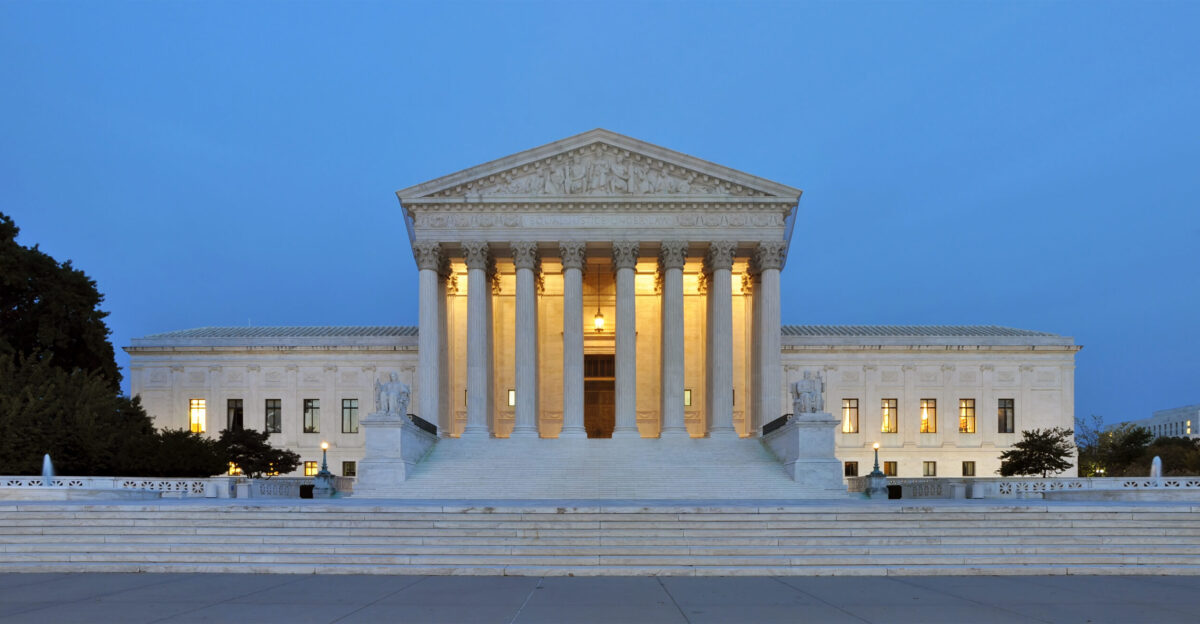
The Supreme Court’s decision might lead other cities to follow suit. If more places start criminalizing homelessness, it could become a nationwide trend.
With around 650,000 people experiencing homelessness in the U.S., many could face fines or arrests just for trying to stay alive outside. This could create a patchwork of “criminalized zones,” where being homeless is illegal everywhere, and no one’s rights are protected.
Legal Challenges

Lawyers and advocacy groups are fighting back. They’re filing lawsuits claiming that some enforcement actions violate constitutional rights, such as protections against illegal searches and discrimination.
Some legal experts believe that even if the courts didn’t stop the enforcement under the Eighth Amendment, other parts of the Constitution, like the right to equal protection, could be used to challenge unfair policies.
Scholars warn that raids and camp removals often violate basic principles of fairness and justice. They argue that homeless people have the right to be in public spaces without being treated as criminals just because they lack housing.
Private Companies Profit
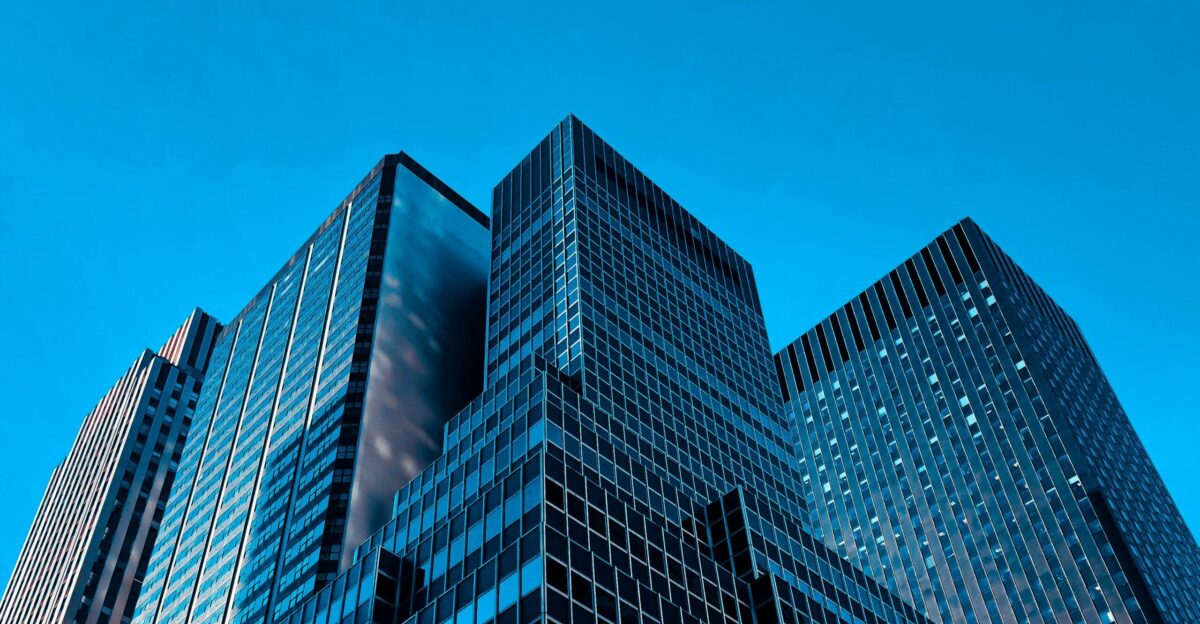
Criminalizing homelessness has created a new industry. Private companies are now making money by providing security, storage for belongings, and cleanup services during camp removals.
These companies get big contracts from the government, which encourages more enforcement. Meanwhile, money that could go into building affordable housing is being spent on policing and removal efforts. The cycle continues: more enforcement, profits, and no real solution.
Public Opinion and Media

People are split on this issue. Some support efforts to “clean up” neighborhoods, while others see it as punishing low-income people.
Social media posts and videos show different sides of the story—some show clean streets and happy communities. In contrast, others show belongings being destroyed or people being pushed out of their camps.
Looking at History
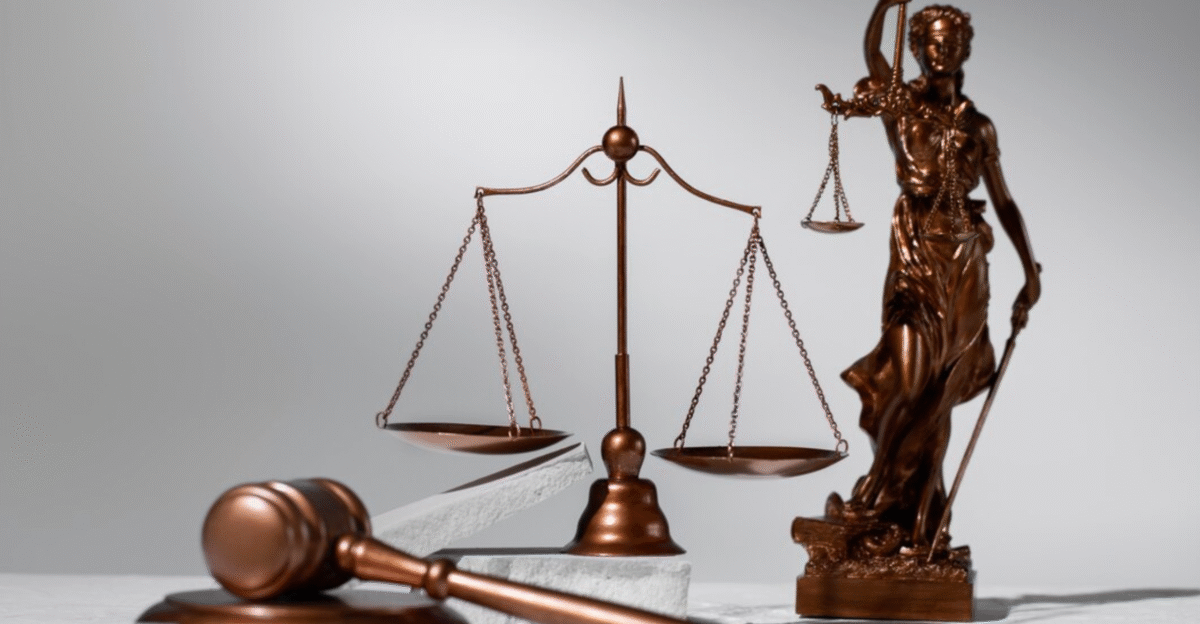
San Francisco’s current policies are not new. In the past, the city used laws that criminalized poverty and disability, which forced people into jail just for being poor or different.
Policies similar to today’s were used in the 1980s and 1990s and didn’t work. Instead of helping people, they made them more likely to go to jail or stay homeless.
Some places, like Salt Lake City and Houston, tried different strategies, focusing on creating affordable housing. Those cities saw better results in reducing homelessness.
The Big Takeaway
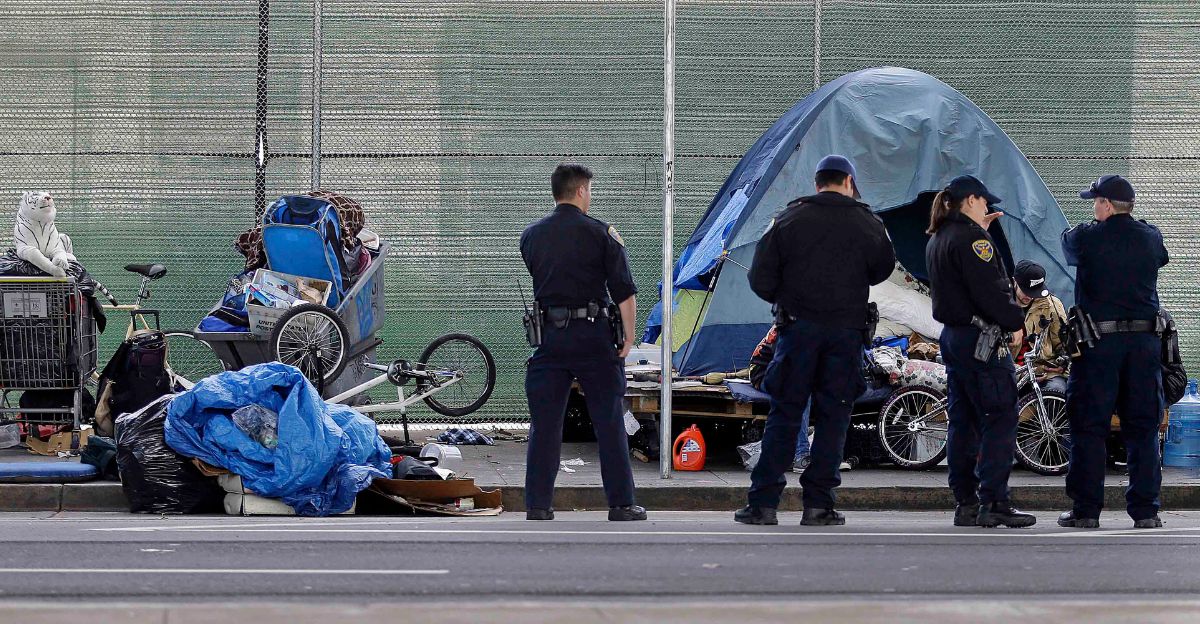
San Francisco’s crackdown on homelessness is a significant shift from helping people find homes. Instead, the city is focusing on arresting and removing tents.
While the number of tents in public has decreased, many homeless people hide or move to less visible places. The root cause is still there, and nothing has been done to fix it.
Most importantly, it raises questions about fairness and human rights. Are we helping homeless people or just hiding them?